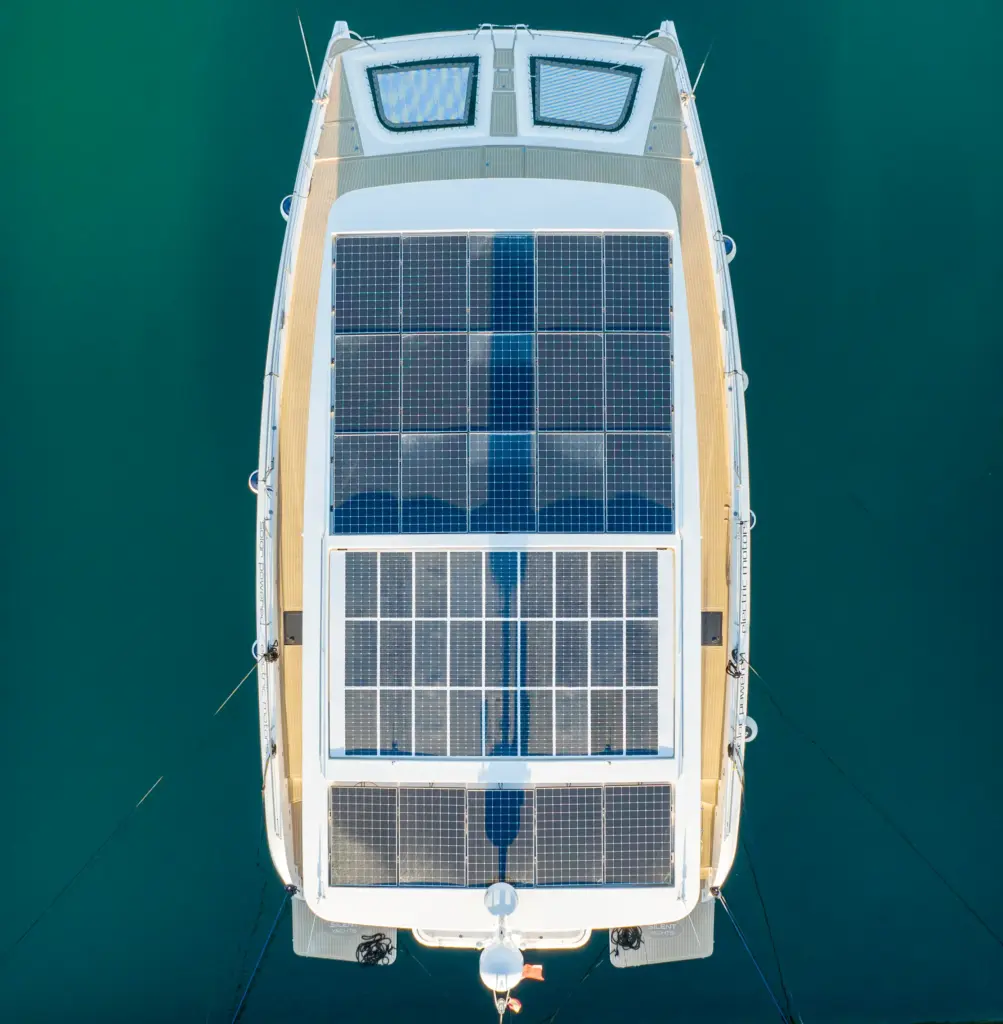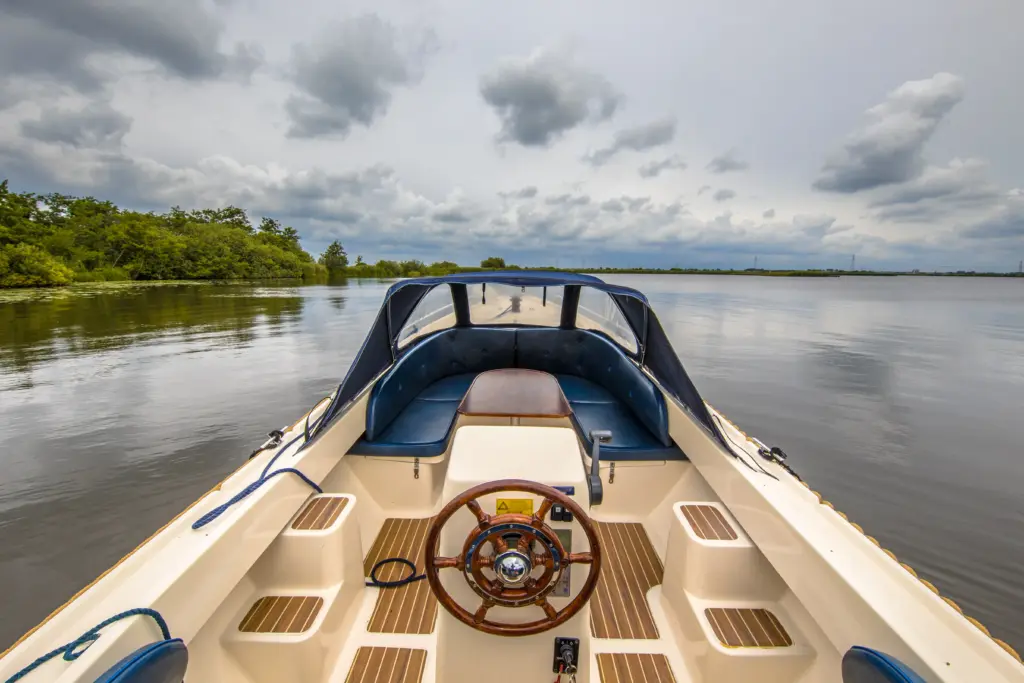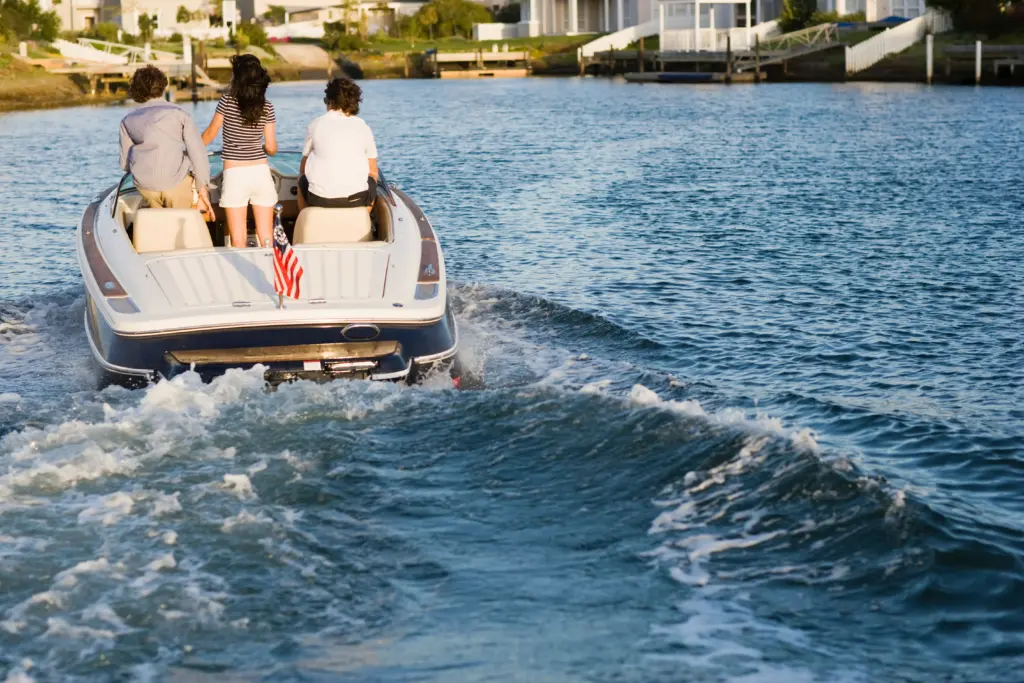Boat engines are the heart of any vessel, and understanding their longevity is key to smart ownership. Many new and experienced boaters ask the same question: how many hours do boat motors last? The answer depends on several variables, including maintenance, fuel type, and usage. Knowing how long your engine should last helps with budgeting, financing, and planning for upgrades down the line. Let’s explore what determines engine lifespan and how you can extend it for years of dependable performance.

Typical Lifespan of Boat Motors
The average lifespan of an outboard motor ranges from 1,500 to 3,000 hours with regular maintenance. Inboard motors tend to last longer, often exceeding 3,000 hours, while diesel-powered engines used in commercial or long-distance applications can exceed 10,000 hours. These numbers are not fixed; they depend on how the engine is treated and how consistently it’s serviced. Regular use, proper lubrication, and quality fuel can add hundreds of extra hours to an engine’s life.
Factors That Influence Engine Lifespan
How many hours do boat motors last is influenced by many variables. Environmental conditions, maintenance habits, and even how you operate the boat all play significant roles. Engines that run primarily in saltwater environments face more corrosion and require additional protection. Those operated at full throttle for extended periods wear faster than motors run at moderate speeds. Careful handling and regular inspections are the biggest contributors to engine longevity.
Maintenance and Servicing
Proper maintenance is the single most important factor in determining how many hours do boat motors last. Following the manufacturer’s service schedule keeps oil, filters, and cooling systems in top shape. Changing oil every 100 hours or once a season helps prevent wear on moving parts. Flushing the cooling system after saltwater use and inspecting spark plugs, belts, and fuel lines also help keep performance strong. According to the U.S. Coast Guard Boating Safety Division, consistent maintenance reduces breakdowns and extends overall engine life dramatically.

Gasoline vs. Diesel Engines
Diesel engines often outlast gasoline engines due to their rugged construction and fuel efficiency. A well-maintained diesel engine may last 8,000 to 10,000 hours or more, while gasoline engines typically require more frequent servicing. Diesel motors burn fuel more slowly and operate at lower revolutions per minute, putting less stress on internal components. Although diesel engines cost more initially, their longevity makes them an appealing investment for serious boaters or commercial operators.
Usage Patterns and Engine Load
Engine life depends greatly on how it’s used. Frequent use at moderate speeds keeps engines healthier than occasional operation at extreme RPMs. Running an engine too hard, especially in rough waters or with an overloaded boat, accelerates wear. Ideally, most engines should be operated between 65% and 80% of maximum power for the best performance and efficiency. Gentle throttle control and balanced loading prevent unnecessary strain and keep internal components from wearing prematurely.
Saltwater vs. Freshwater Operation
Saltwater boating presents unique challenges that can shorten engine life. Salt and humidity cause corrosion on metal components and electrical systems. To protect your investment, flush your engine with fresh water after each trip and apply anti-corrosion sprays to exposed parts. Freshwater environments are less harsh, but buildup and mineral deposits still require attention. Following recommendations from the National Marine Manufacturers Association (NMMA) can help you establish a proper care routine that matches your environment.

Warning Signs of Engine Wear
As motors age, they often show early signs of wear. Symptoms include difficulty starting, excess vibration, reduced power, and unusual noises. Smoke from the exhaust or higher oil consumption can indicate worn rings or valves. Routine diagnostics like compression and leak-down tests help determine internal condition. Identifying these issues early and addressing them promptly can extend life by thousands of hours and reduce costly repairs.
Storage and Seasonal Preparation
Proper storage plays a big role in how many hours do boat motors last overall. Engines left idle for months without preparation can corrode internally or experience fuel system damage. Before off-season storage, drain water, stabilize fuel, and use fogging oil to protect cylinders. Store your boat in a clean, dry area with proper ventilation to prevent moisture buildup. Regular start-ups during long storage periods help maintain lubrication and readiness for the next season.
Tracking Hours and Maintenance Logs
Most modern boats include hour meters that record engine usage, which is essential for scheduling maintenance. Keeping a detailed log of service intervals, parts replacements, and repairs helps you stay on top of engine health. Buyers looking at used boats often value complete maintenance records more than total engine hours. A motor with 2,500 hours but full documentation is usually a better buy than one with lower hours but an unknown history.

Technology Extending Lifespan
New technologies have improved how long modern boat motors last. Electronic fuel injection, digital engine monitoring, and improved cooling systems have made engines more efficient and reliable. The National Oceanic and Atmospheric Administration (NOAA) reports that modern marine engines also produce fewer emissions and operate at cooler temperatures, which reduces wear. These advancements give today’s engines a longer life expectancy compared to those built just a few decades ago.
Economic Benefits of Proper Care
A well-maintained engine retains value and reduces the need for expensive overhauls. It also helps ensure smooth operation, saving money on fuel and repairs. Regular servicing might seem costly at first, but it’s much cheaper than a premature engine replacement. Planning maintenance as part of your overall boating budget helps avoid financial surprises and keeps your engine performing at its best throughout its life cycle.
Repowering or Rebuilding an Engine
Eventually, every motor reaches the end of its life. When that happens, boat owners face the decision to rebuild or repower. Rebuilding restores an engine by replacing worn parts, while repowering installs a completely new motor. Each option has its benefits depending on cost and performance goals. Financing solutions like boat refinancing make repowering more accessible, allowing owners to upgrade without large upfront expenses.

Financing for Long-Term Ownership
Knowing how many hours do boat motors last helps when planning finances and upgrades. With boat loan pre-approval and refinancing options, owners can spread out costs for maintenance or replacement. Float Finance provides flexible plans designed for marine ownership, ensuring that care, upgrades, and replacements fit comfortably within your financial strategy. Smart financing makes responsible ownership easier and more sustainable over time.
Conclusion
So, how many hours do boat motors last? With proper maintenance, most can exceed 3,000 hours, and diesel engines can last much longer. Regular servicing, responsible operation, and attention to storage can add years to your engine’s life. By combining sound care with reliable financing options from Float Finance, boaters can enjoy more time on the water with engines that stay powerful, efficient, and dependable for the long haul.
